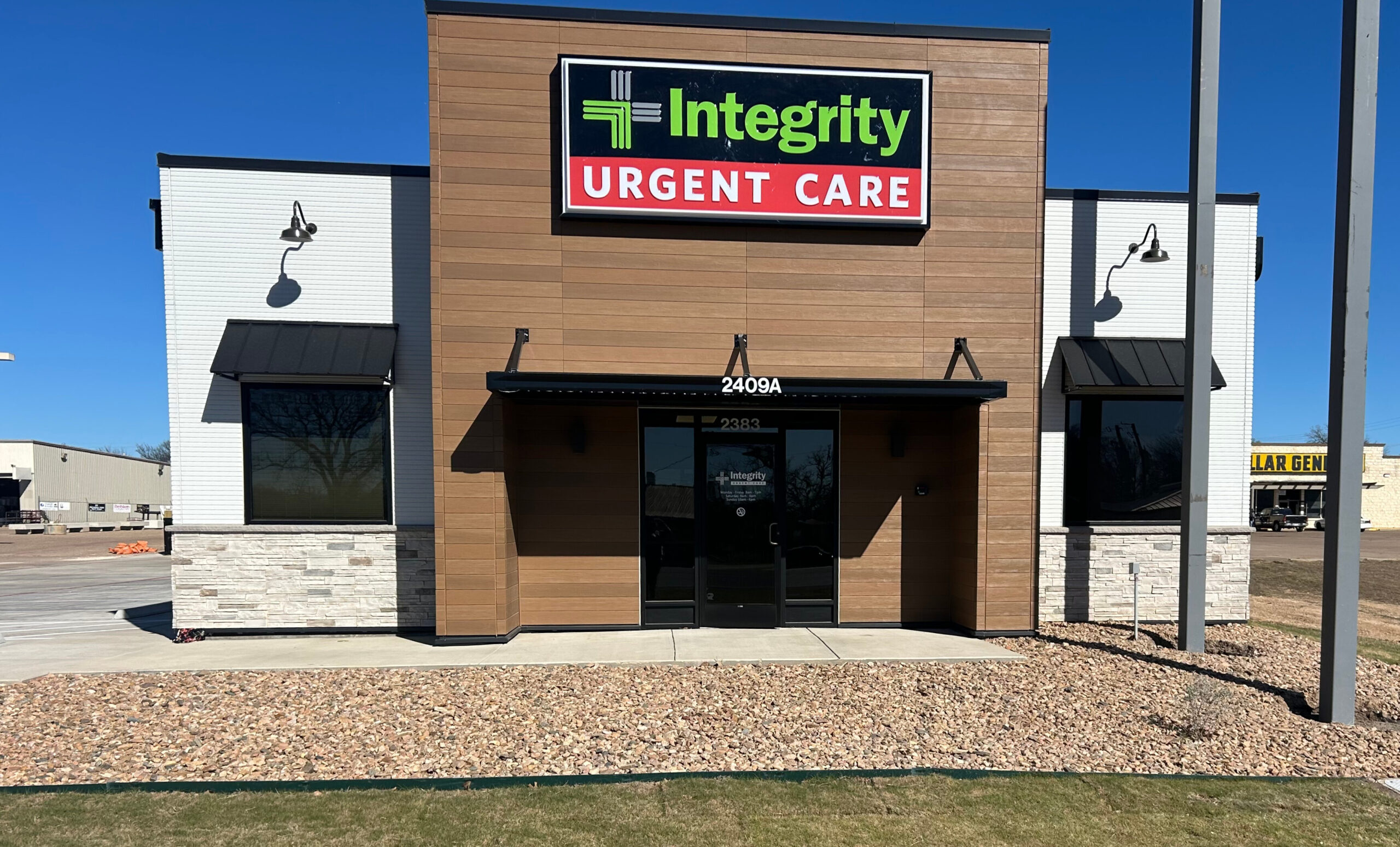As the season changes and temperatures drop, your vulnerability to infections increases. Viral infections are easily transmitted and can be dangerous for young children, older adults, and anyone with poor immune systems. Prevention is the best way to protect you and your family from these illnesses.
What are the most common illnesses that peak during Fall in Texas? Keep reading to learn what they are, their symptoms, and tips to help prevent them.
Allergies
Many things cause autumn allergies in Texas. The leading contenders are spores released through mold and pollen particles from common trees, plants, and weeds. Once these ragweed and mold spores enter our bodies through the air we breathe, they can interfere with our immune system.
Common Symptoms
-
- Runny or stuffy nose
- Itchy and watery eyes
- Sneezing
- Postnasal drainage
- Headache
- Sore throat
- Coughing
- Earache
- Fatigue
- Temporary loss of smell
Prevention Tips
-
- Start allergy medications 2-4 weeks before seasonal allergies begin.
- Keep your home and car windows closed.
- Check the daily pollen counts in your area.
- Check the air quality before spending much time outside.
- Shower after spending time outdoors.
Upper Respiratory Infection (Common Cold)
While the common cold can occur anytime, fall is the peak season. A cold usually starts with a sore throat or runny nose, but it can worsen. Most colds last between 7 and 10 days and are more contagious during the first few days – but you’re still contagious even if you don’t feel bad.
Common Symptoms
-
- Runny or stuffy nose
- Sore throat
- Congestion
- Coughing
- Sneezing
- Headache or body aches
Prevention Tips
-
- Wash your hands frequently throughout the day.
- Cover your nose and mouth when you sneeze or cough.
- Avoid crowded places.
Flu
Flu season typically begins in October and is common throughout the fall. If left untreated, it can turn into bronchitis or pneumonia.
Common Symptoms
- Sudden fatigue
- Runny or stuffy nose
- Fever or chills
- Body or muscle aches
- Headache
- Sore throat
- Congestion and wheezing
- Persistent cough
- Chest tightness
- Vomiting and diarrhea (more common in children than adults)
Prevention Tips
- Wash your hands thoroughly and frequently.
- Cover your nose and mouth when coughing or sneezing.
- Avoid spending time in crowded places.
Acute Bronchitis
Acute bronchitis is the inflammation of bronchial tubes that carry air into the lungs. It’s usually caused by a virus and can occur after a common cold or the flu.
Common Symptoms
- Chest tightness
- Cough that develops green, yellow, or clear mucus
- Wheezing or shortness of breath
- Body aches
- Sore throat
- Chills
Prevention Tips
- Quit smoking.
- Avoid things that cause throat irritations, like pets, vapors, dust, or fumes.
- Wash your hands thoroughly and frequently.
- Disinfect frequently touched surfaces.
Sinusitis
Sinusitis is caused by the inflammation of the tissue that lines the sinuses (the cavities around the nasal passages.) Sinus infections are more common in cold weather when the most common causes of sinusitis (allergies, colds, and flu) are already prevalent. The colder weather can worsen the pain associated with sinus headaches.
Common Symptoms
- Sinus pressure – tenderness under the eyes or at the bridge of the nose
- Nasal congestion
- Postnasal drip
- Discolored nasal discharge
- Fever
- Teeth pain
Prevention Tips
- Manage your allergies.
- Drink plenty of liquids to keep nasal secretions thin.
- Keep your nose moist with saline sprays.
- Avoid air travel.
7 Essential Tips to Fight Off Most Seasonal Viruses
To help lower your chances of getting sick with a cold, the flu, and other seasonal viruses, practice these seven simple tips:
- Avoid close contact with people who are sick. Keep sick children at home.
- Wash your hands thoroughly and frequently with soap and water – especially before eating and after using the restroom.
- Don’t touch your mouth, nose, or eyes with unwashed hands.
- Avoid sharing drinks, food, and utensils with other people.
- Cover your nose and mouth with your upper shirt sleeve or a tissue when sneezing or coughing.
- Disinfect doorknobs, countertops, and other frequently touched surfaces.
- Eat a healthy diet, get plenty of rest, and lower stress levels.
Integrity Urgent Care Can Help
These prevention tips will help you avoid the most common illnesses during our Texas fall season. If you still find yourself fighting off one of these infections, pay attention to your symptoms – if they persist or worsen, it’s best to see a medical professional.
Integrity Urgent Care, part of the Xpress Wellness family, is a Texas-based walk-in clinic. We are dedicated to giving you the highest-quality, affordable care for non-life-threatening illnesses and injuries. Find a location near you and check-in online or walk in today so we can help you feel better!



